Minutes before the second and final reading, at the parliamentary budget and finance committee, of the state budget for 2026, the leader of the biggest party represented in parliament GERB Boyko Borissov halted the procedure and sent the draft bill for reconsideration with the words: “Until the dialogue with the tripartite council is restored, and until all sides come to an agreement how the country will be governed in the years to come we shall be working with the old budget.”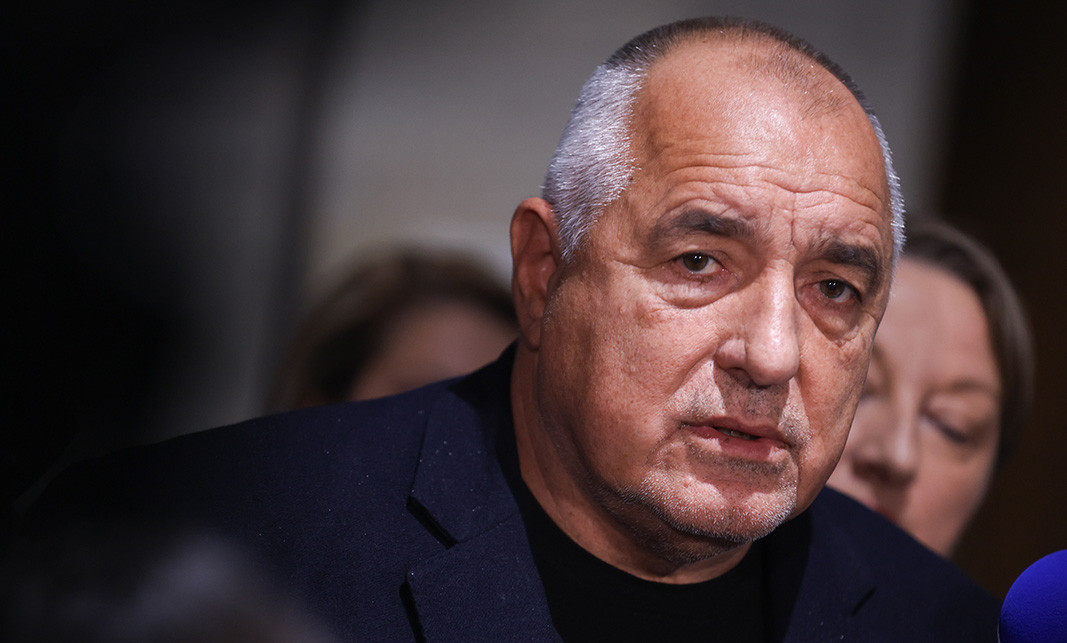
On his part Prime Minister Rosen Zhelyazkov promised that the government would endeavour to restore the dialogue with the trade unions and the employers before the end of this week. “We shall try to attain the macroeconomic indicators of the budget so they will be acceptable to most of the businesses and to a large portion of society,” he said in a statement standing next to Finance Minister Temenuzhka Petkova and representatives of the parties that form the parliamentary majority.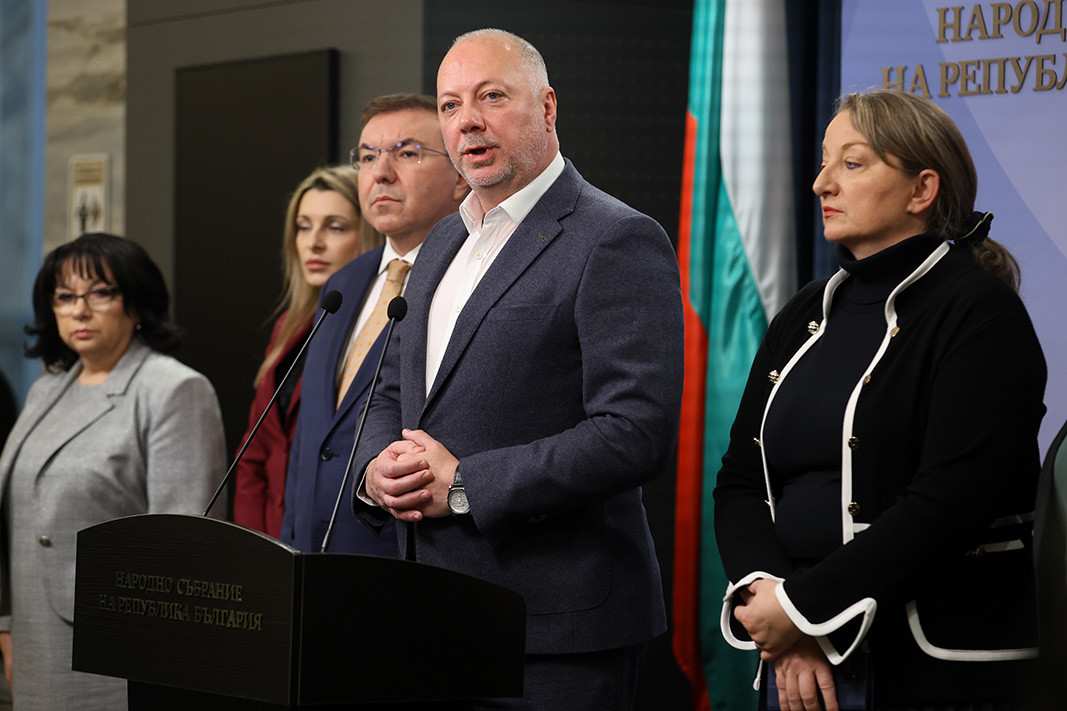
“We have enough time in December to meet these expectations or to explain these problems which are seen as defects in the draft budget so that, in the final count, we can have a balanced budget meeting the political spectrality of governance,” Rosen Zhelyazkov said.
The parliamentary denouement in the case of the tight budget knot came after a massive protest and much in-depth criticism of the parameters of the state budget by economic analysts, as well as a complete breakdown of the so-called “tripartite negotiations” with the employer organizations and the trade unions that usually precede the voting of the budget in parliament.
With a human chain around the National Assembly building, heckling of the MPs as they left parliament building and a protest inside what is known as “the triangle of power” - as the space in the centre of Sofia hemmed in by the buildings of the National Assembly, the Council of Ministers and the Presidency is known - on 26 November thousands of citizens came out to demonstrate their discontent with the way the country is being run. 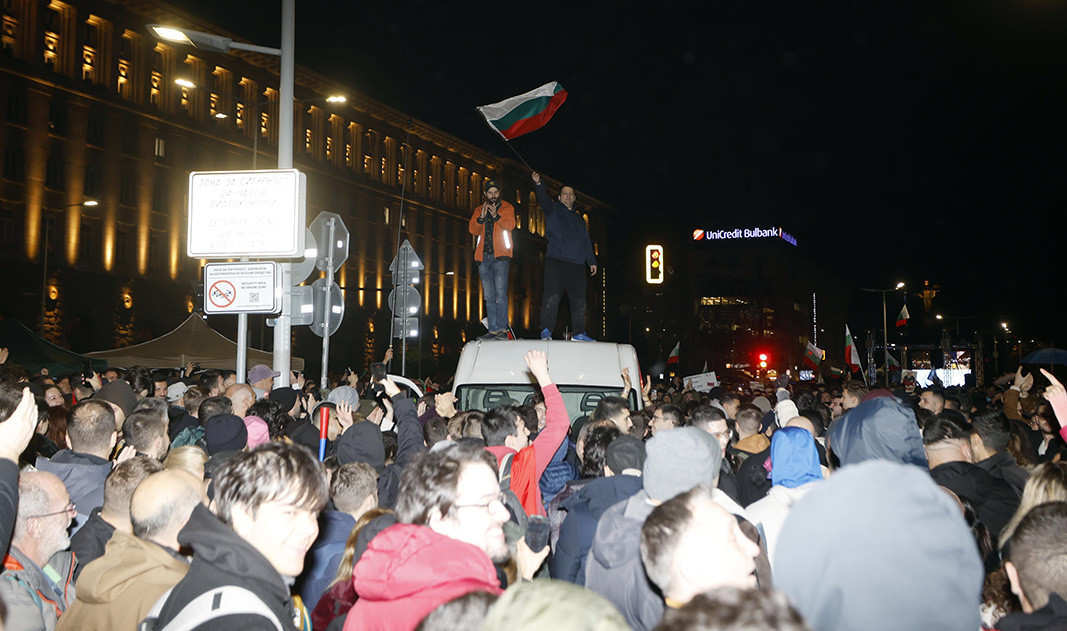 Confrontation and escalation
Confrontation and escalation
Even though the initial calls were for a peaceful protest, tensions rose. During the demonstration, protesters threw bottles and firecrackers at the police, attempted to overturn a police van, and blocked off streets cutting off access to parliament building. And even though the protest’s organizers had called for calm and rationality, three police officers and three protesters were hurt. 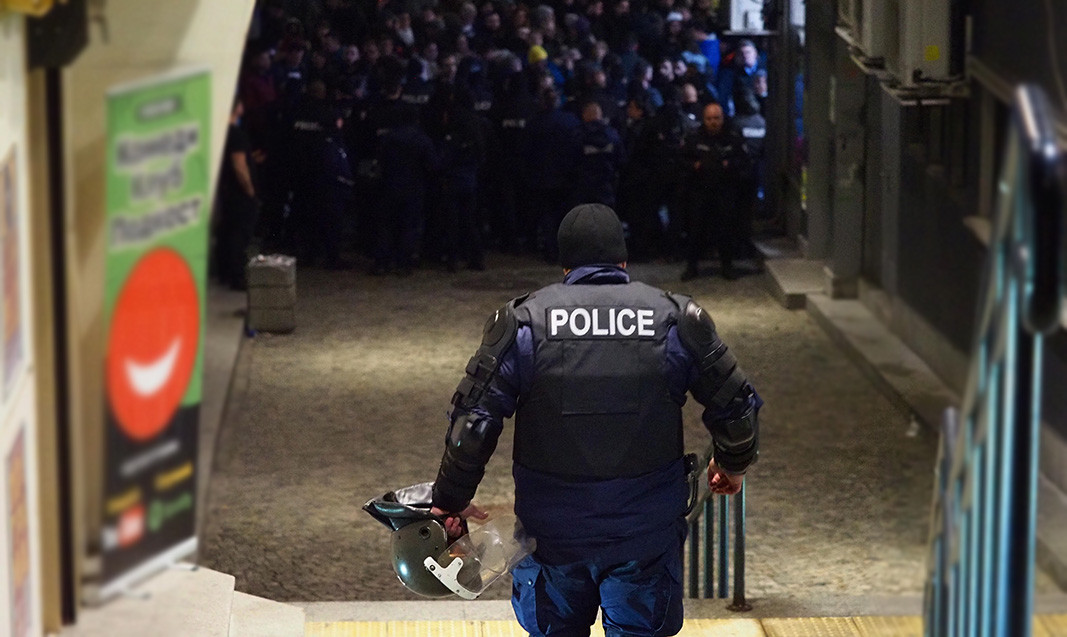
The opposition called for the budget to be withdrawn – coming from one of the co-chairs of Democratic Bulgaria Atanas Atanasov who demanded that the government “withdraw and rework the draft budget” in reference to the public tensions, especially as the adoption of the euro in Bulgaria approaches.
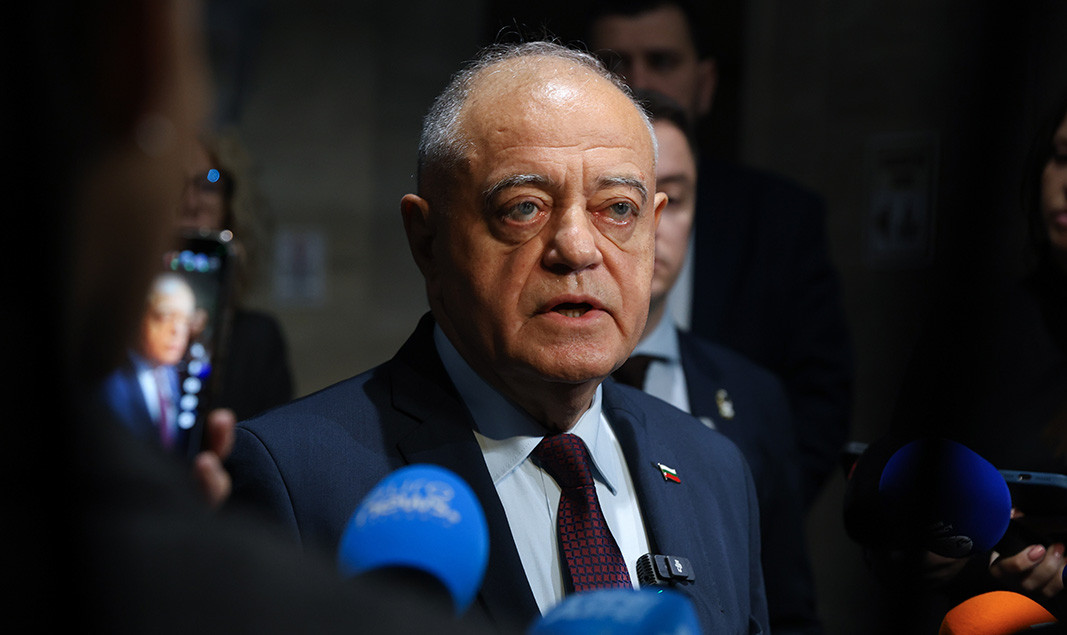
Political reactions – arguments and demands
Vice President Iliana Iotova shared the sentiments of the public:
“I really do share in this protest because with dialogue this budget would have looked so much better. I do not believe in the mantra that this is the only possible budget,” the vice president told reporters. 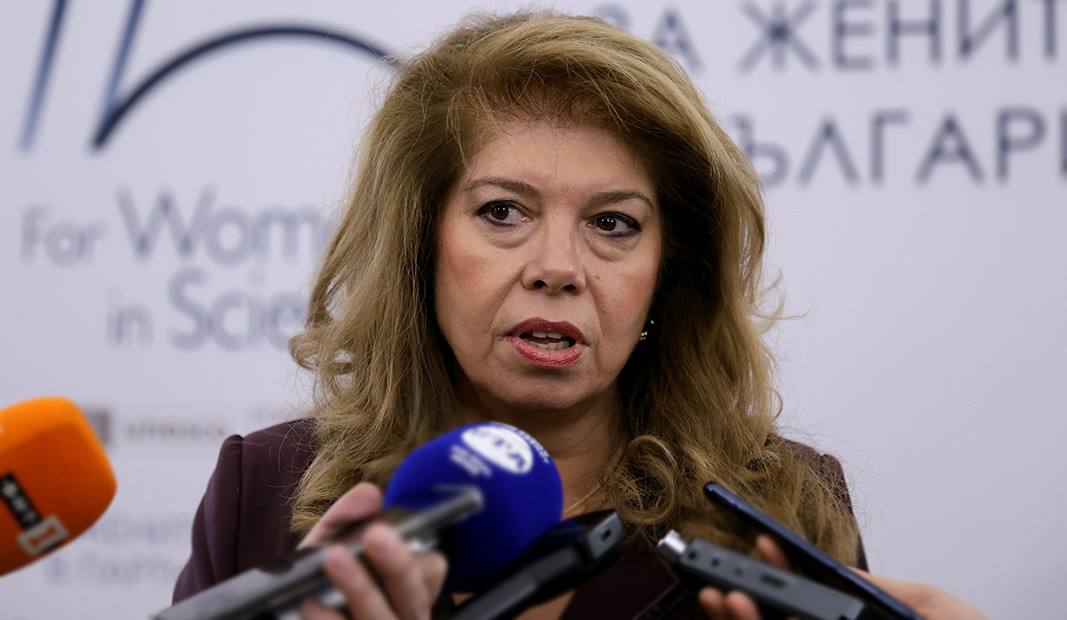
Never before has the budget been adopted with such a lack of dialogue and with such arrogance on the part of the ruling coalition, Iliana Iotova said, and not only with regard to their political opponents but to business circles, the social partners, the trade unions and civil society as well.
The protest was organized by the opposition coalition We Continue the Change/Democratic Bulgaria but was supported by other parliamentary formations, employer organizations, businesses and a great many members of the public. The main reason – that they do not agree with the draft budget for 2026 which includes a raise of the social security contributions and of dividend tax. Taking a broader look, however, we could say that the civil discontent is more than a reaction against the concrete budget numbers, it is part of broader political dynamics – on the threshold of the adoption of the euro at the beginning of 2026, with concerns about social justice, economic stability and decision transparency. 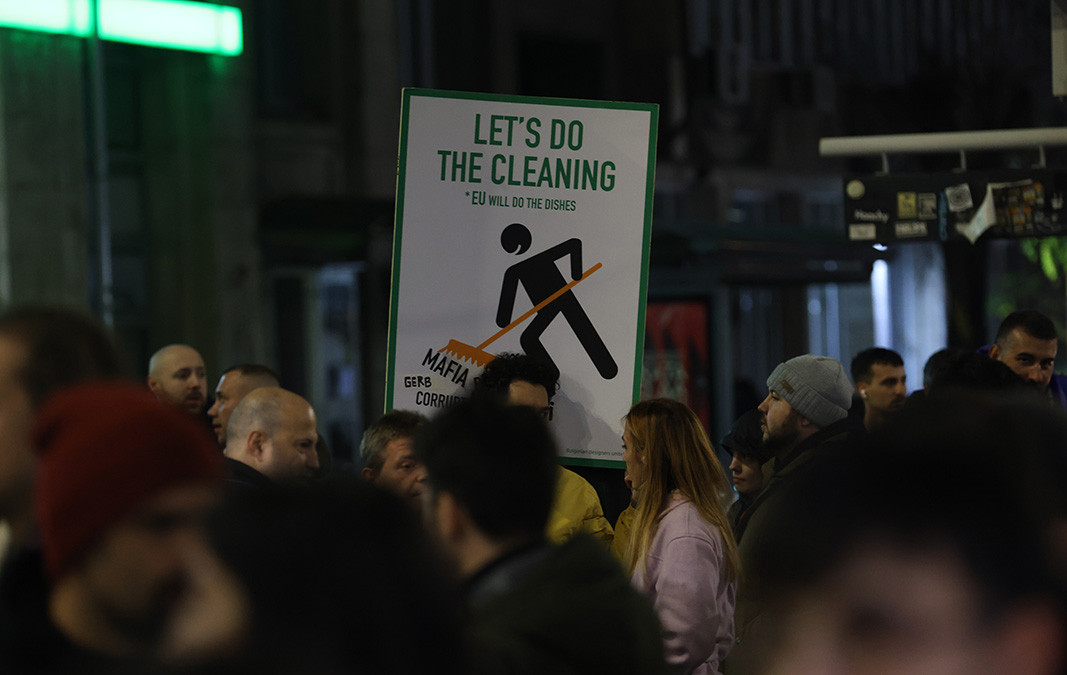
The measures the ruling coalition are setting down in the budget will affect the public directly – with higher social security contributions and taxes without any significant public debate, the parliamentary opposition says. This means many people feel they have been deprived of all other tools of influence except the street. “Protests are the only instrument this opposition has. They are going to be used for all kinds of issues,” political analyst Hristo Panchugov commented in an interview with the BNR.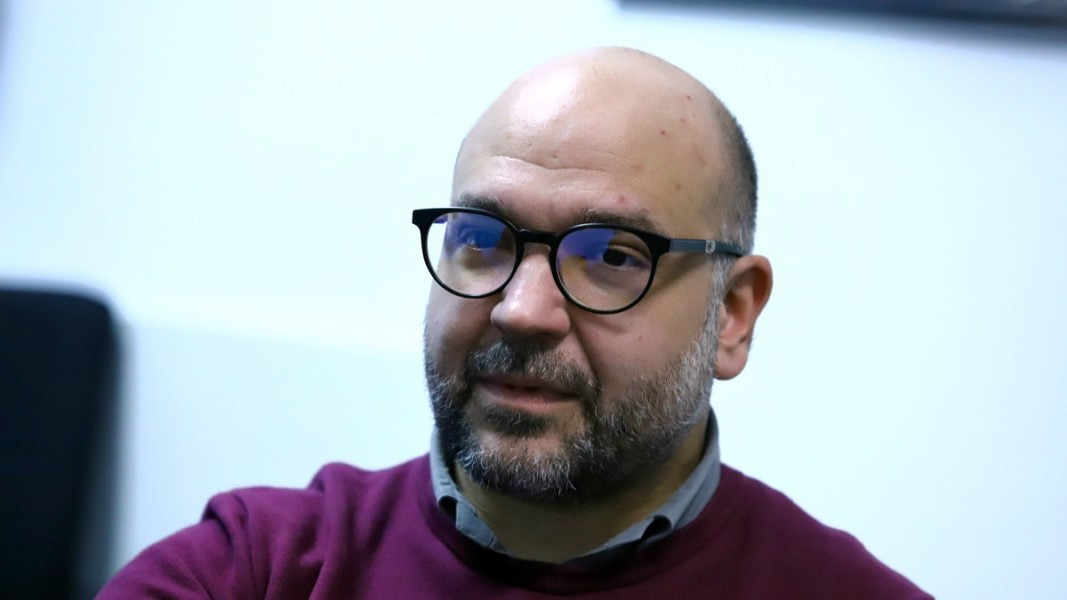
At the same time, Hristo Panchugov cautions, if protests remain the “only tool” then the challenge is whether society will find sustainable mechanisms for dialogue, institutional accountability and real involvement in policy making.
Edited by Elena Karkalanova
Translated and posted by Milena Daynova
Photos: BTA, BGNES
The Bulgarian minority in Romania marked a significant event with the official opening of the Bulgarian Inn in the village of Izvoarele (Hanul Bilgarilor), Teleorman County (Southern Romania)- a locality with Bulgarian roots dating back over 200 years...
The 14th edition of DiVino.Taste, Bulgaria’s leading forum for wines and winemakers, will take place from 28 to 30 November at the Inter Expo Centre in Sofia. Over 80 producers from all wine regions will participate, offering tastings of around 600 of the..
Despite being in Bulgaria’s poorest region, the North-West, Vratsa Province ranks among the top three in the country for economic development. According to 2023 data from the National Statistical Institute (NSI), it shares third place with Varna on the..

+359 2 9336 661
